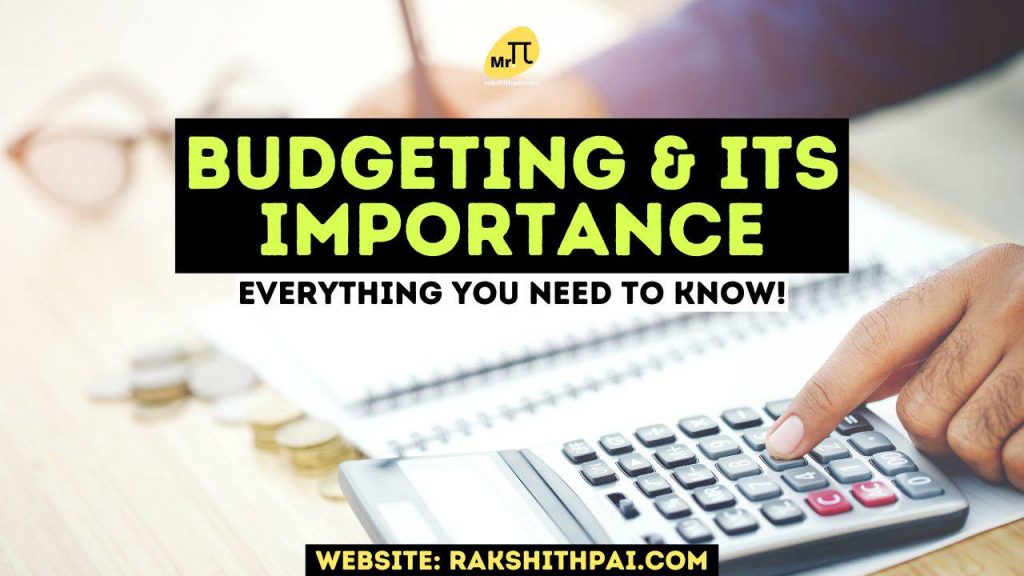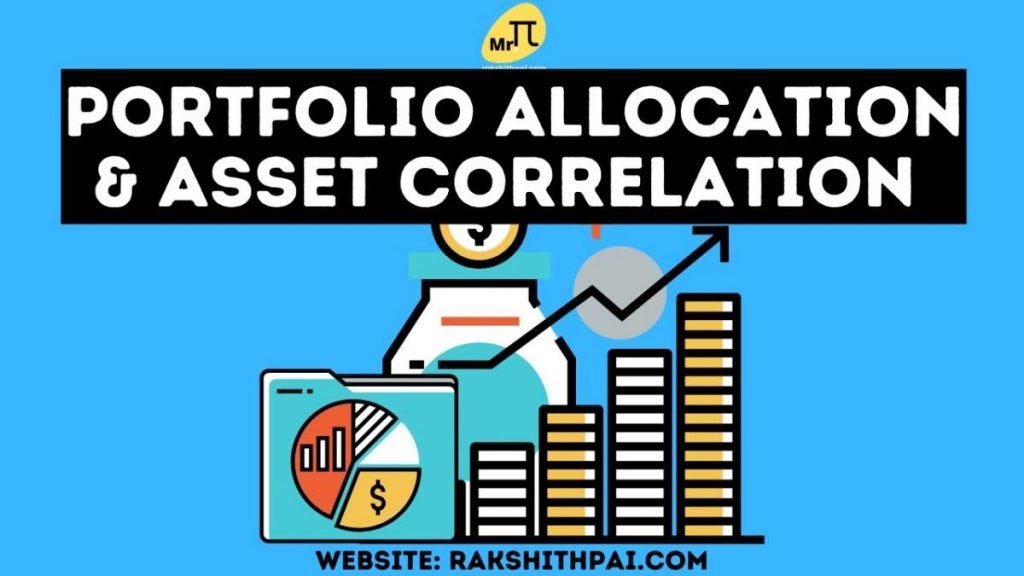Table of Contents
What Does Budgeting Mean?
Making a strategy for how you’ll spend your money is what budgeting is all about. A budget is a name given to this spending plan. Determine in advance if you’ll have enough money to do the things that you need or would like to do by creating this spending plan.
Budgeting is nothing more than striking a balance between your income and your spending. The problem will arise if your finances are out of balance and you wind up spending more than you earn. If you’re constantly spending more than you’re making, you’re going to wind up accumulating debt over time.
Prioritize your expenditures and focus your money on the things that are most essential in your life if you don’t have enough money to accomplish all you’d like to do.
Budgeting Includes the following:
Money In–coming
Cash inflows are also known as money inflows. These inflows need not be a net amount. Meaning, consider all your incomes in this area.
Paychecks, tips, loans, scholarships, child support, and other financial perks are all examples of money that is flowing in.
Money Out-going
Contrary to money inflows, here we must consider all our expenses. Hence the word, ‘money outgoings.
Monthly payments, such as rent, utilities, clothes, and child care costs, as well as credit card and medical costs—well, you get the picture.
Financial Goals
After considering the incomes and expenses, we begin with our financial budgeting and then set a financial goal. Saving for unexpected expenses, vehicle replacement, a family vacation, medical expenses or insurance, debt repayment, retirement, education, or other future needs

Why You Need Budgeting?
You may use a budget to keep track of your spending and avoid late payments, but it can also help you achieve your long-term goals the present. Here’s why we need Budgeting. The Importance of Budgeting is as follows;
Gives Options
Don’t consider your budget to be set in stone when you’re putting it together. For starters, you shouldn’t worry if you don’t get it perfect the first time around. However, you should not spend a lot of effort attempting to establish a flawless spending plan because it will alter as you go. Make it as good as possible from the beginning.
Every month, you must take a look at your spending plan and determine if you need to make any adjustments. For example, if you get a new job, you may be able to increase the amount of money you pay yourself first or have more money left over for the pleasurable things in your life. This way, you can keep your budget flexible, and your budget will give you more flexibility in your life.
Better Saving
Most of your worries can be solved if you have enough money saved. It is a fact that money can solve most problems.
This predicament will never happen to you if you develop and keep to a budget. You’ll know exactly how much money you make, how much you can spend each month, and how much you need to put away. Keeping track of a budget and analyzing the figures isn’t nearly as much fun as a shopping spree. But, it will most certainly help you in your saving goals.
Reduce Stress
The more money you have saved, the less likely you are to become trapped in a debt-accumulation cycle that is impossible to break. You can plan ahead and come up with a way to pay off your debt that works with what you can afford.
Another advantage of budgeting is that you can plan for the unexpected. In particular, experts urge that you prepare for an emergency fund as one of the first things you do while getting your finances in order.
You can be ready for things like unexpected medical expenses or perhaps losing your job if you set aside a certain amount of money for this fund. Saving for retirement, trips, or even a more expensive item like a new phone might be your next goal after you’ve created a rainy day fund.
Better Goals
Having a budget or spending plan for each month may help you set spending goals and restrictions as well as give your money a sense of “meaning.”
With a little planning, anybody can create a basic budget with fixed or common spending, but it’s crucial to keep track of what’s going on and talk to your family about what’s coming up each month.
According to one theory of human behavior, “narrow bracketing,” or imposing short-term boundaries, can assist people to attain self-control goals. It’s simpler to stick to a daily spending limit than a weekly one, but both will help you get there in the end.
Easier Life
Life is full of unexpected twists and turns, some of which are more pleasant than others. When you lose your job, become ill or wounded, divorce, or lose a loved one, you may find yourself in financial distress. Of course, these crises often strike when you least expect them, right when you’re running low on funds. A personal emergency fund is a must for everyone in this situation.
An emergency reserve of three to six months (at least!) worth of living expenses should be included in your budget. In the event of a catastrophic life event, having this additional cash on hand will keep you from going into debt. Three to six months of living costs will obviously need some saving time.
Conclusion:
With a budget, you’ll be able to do all that you dream of achieving financially. Because budgeting is nothing but planning to get things done. And, as we know, if planning is done well, then consider the half work done. Make sure to include investment contributions in your monthly spending.
Your nest egg will grow if you donate a part of your income each month to your retirement accounts, such as the Provident Fund, National Pension Scheme, etc., or other retirement savings. Despite the fact that you may have to make some sacrifices today, the long-term benefits will be worth it.
Budgets and financial priorities range from person to person and are influenced by a variety of factors. Think about your life’s ambitions and the things you hope to accomplish while creating yours. Understanding your budget’s purpose will motivate you to follow through with your plans.
For More Information, Check this Video:
Disclaimer: All the information on this website is published in good faith and for general information purposes only.









